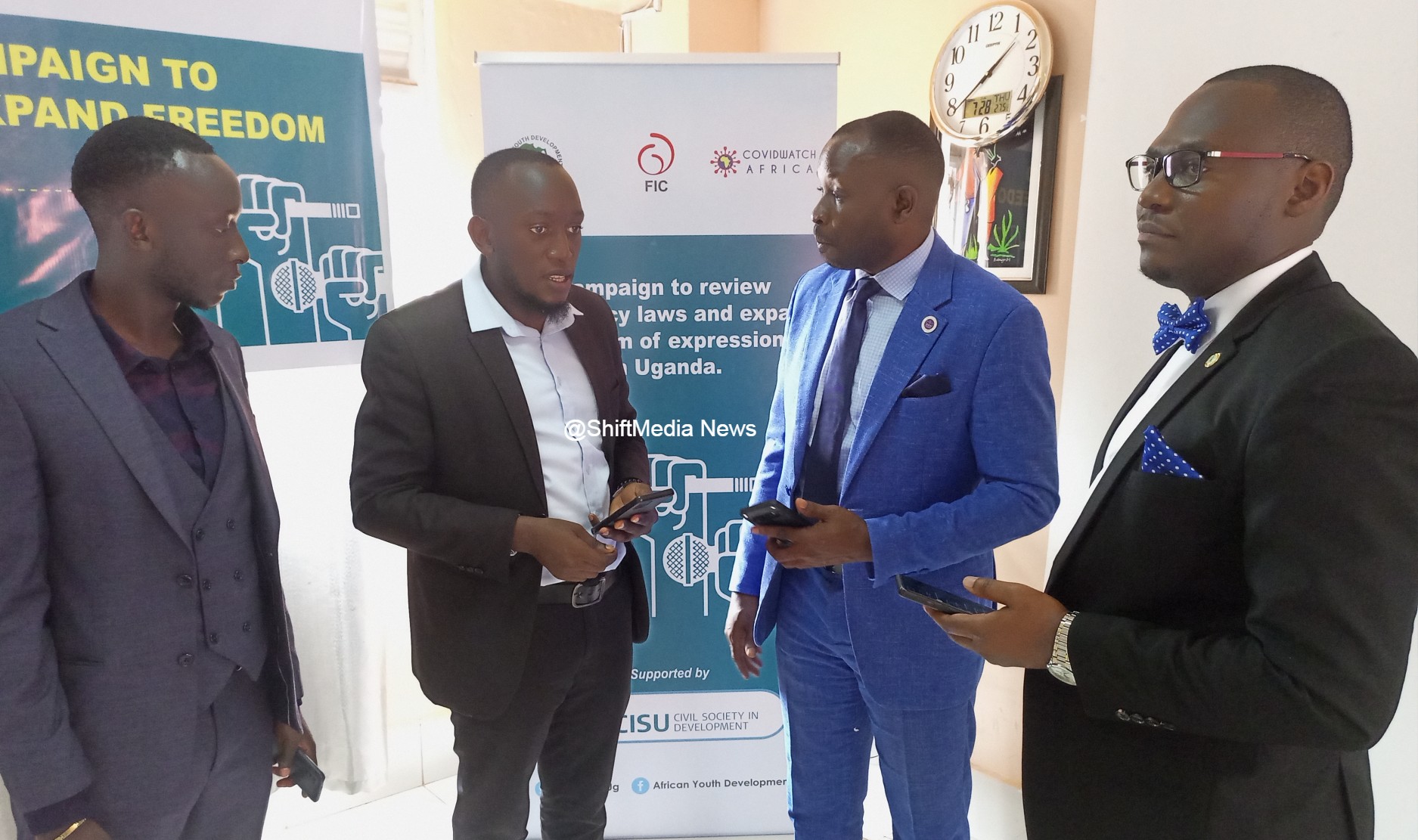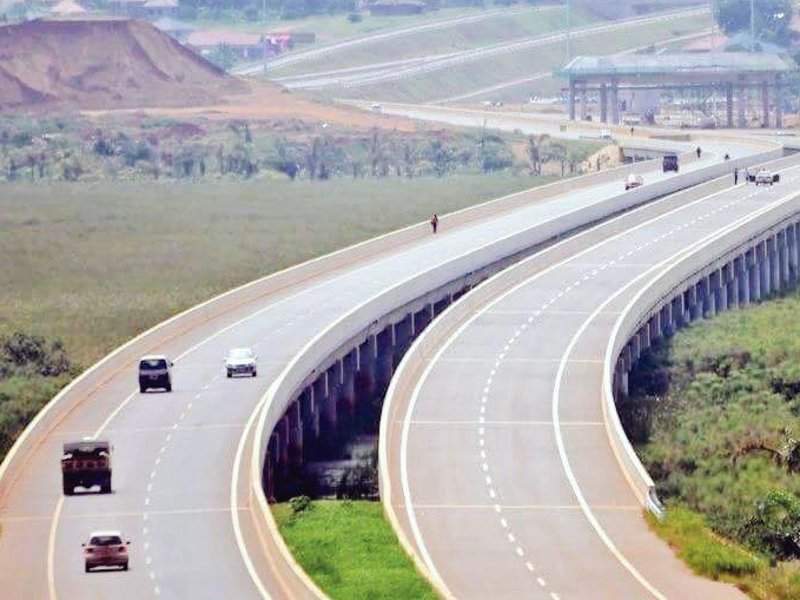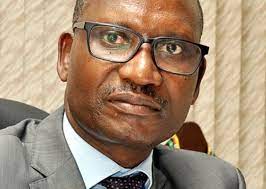TRANSPARENCY: CoST Uganda Commissions 2nd Infrastructure Transparency Index
KAMPALA, Uganda [SHIFTMEDIA] The civic space in Uganda is slowly shrinking towards closure, a scenario that must be expeditiously addressed by the Civil Society Organizations, human Rights Defenders have suggested.
The activists drawn from across a spectrum of CSOs under the Africa Youth Development Link (AYDL) in partnership with the Forum for International Cooperation (FIC), COVIDWatch Africa and the Civil Society in Uganda (CISU) were punching holes regarding the laws and freedom of expression in Uganda at a one day symposium held at the Eureka Place Hotel in Kampala.
Titled: ‘Campaign to Renew emerging Laws & expand freedom of expression in Uganda.’ The human rights defenders called for unity in the campaign.
‘It is a fact that we have had a narrative of arrests, and this are the issues that slows down the freedom to expression while widening the shrinking spaces,’ said Ruth Ssekindi the Director Monitoring Inspection and Human Rights at the Uganda Human Rights Commission (UHRC).
Ssekindi a renowned lawyer at drafting great existing freedom to speech laws in Uganda said Uganda is slowly degenerating into a genocide.
‘There is a looming genocide in Uganda, there is a lot of sectarianisms, that seems ignored, yet dangerous. it is okay to vent in a free and democratic space, but as CSOs you need to work as one to achieve much,’ said Ssekindi.
she called upon the CSOs engaged in human rights work to not to blame the UHRC for not doing much but to engage collaboratively to achieve the desired freedom on speech and expression in Uganda.
she particularly urged the CSOs to help interpret the laws to the masses. ‘Look at the POMA (Public Order Management Act ), it talks about notifying the police of any planned assembly or gathering, but the police takes it as a permission to be granted. These selective interpretation of the law must be looked into,’ she advised.
Ssekindi urged the CSO to know their thematic areas of work, avoid being confrontational and work as a team
Experts raise concern
Maurice Omondi from the Forum for International Cooperation (FIC) said the CSOs and Human Rights Defenders in Uganda were not alone in the struggle to open the civic space. ‘We want to work together as partners in addressing this. FIC and COVIDWatch Africa will work with you to train leaders across Uganda in addressing the issue of shrinking space,’ said Omondi.
Omondi said the engagements will include workshops for the youths, leaders, as well as trainings in capacity building, raising awareness and radio campaigns regarding the shrinking civic space.
Ivan Otim from the Africa Youth Development Link said there wasn’t enough information regarding the negative impacts these laws and directives have caused. ‘We need to engage government at both local and national level. We also need to build the campaign and advocacy capacity of local CSOs in Uganda,’ said Otim.
Counsel Michael Aboneka from Thomas & Aboneka Advocates described the civic space as closed. ‘Today there are bye elections going on in Soroti East but so far 45 opposition politicians have already been arrested including polling agents of the opposition candidate,’ said Aboneka.
He noted that voting is one of the key aspects of freedom of expression. ‘Is the civic space open, closed or shrinking? Are you free to speak, organize, associate and assemble? Civic Space is the bedrock of open democratic society, that is sadly lacking in Uganda,’ he said.

PHOTO/PATRICK JARAMOGI
He said the amount of democracy that a country has depends on the amount of state of civic space it has.
He caused laughter when he told the participating youths drawn from Kasese, Gulu, Arua, Soroti, Masindi and Fort Portal when he said there is a group of Ugandans now organized under the 4Ts (Twegatte, Tulye, Tunywe, Tuffe) lets unite, eat, drink, and die.
‘He said such forums, like the abolished bimeeza allows Ugandans to freely express themselves. But we are seeing now in Uganda is zero Digital Space, zero physical space and zero intellectual space,’ said Aboneka.
Robert Ssempala the Executive Director Human Rights Network for Journalists (HRNJ) said as CSOs, ‘We need to continue re-energizing ourselves.’. ‘It is very important to engage the public. To me, I don’t think the civic space is already closed, but we are getting there,’ said Ssempala.
He said it remains very difficult to freely assemble, organize and speak in Uganda. ‘Like the late President Idi Amin Dada said, you cant guarantee your freedom after speaking. You either ran and hide after speaking, or be arrested.’
Robert Muhangi from the Public Policy Institute urged the fellow CSOs to work along side the Private sector as the struggle to push the agenda of free civic space. ‘Lets learn as CSOs to always comply with the set government regulations, as we push on our agenda,’ said Muhangi.









One Comment
[…] FREEDOM OF EXPRESSION: Human Rights Defenders Commit To Unite To Address Shrinking Civic Space In Ug… […]